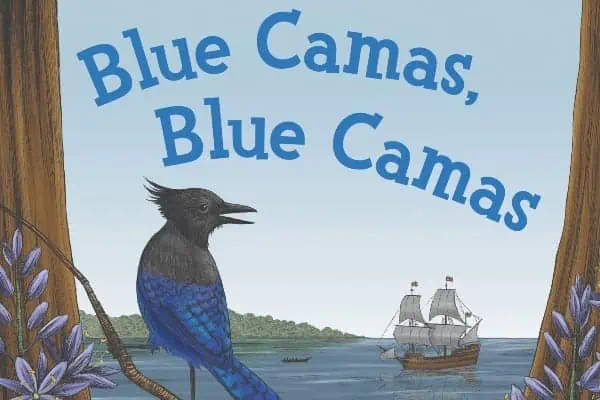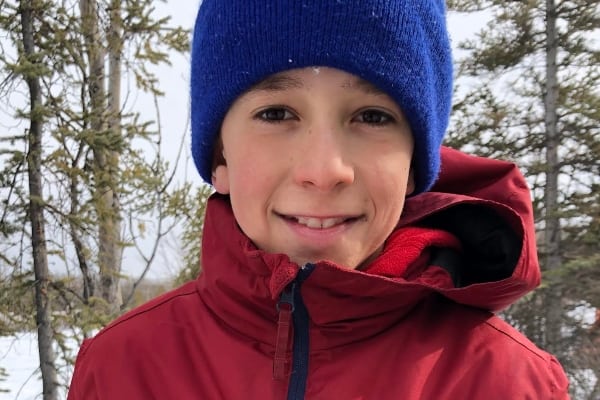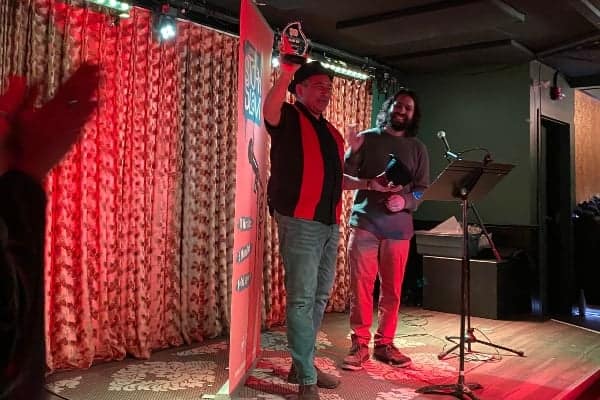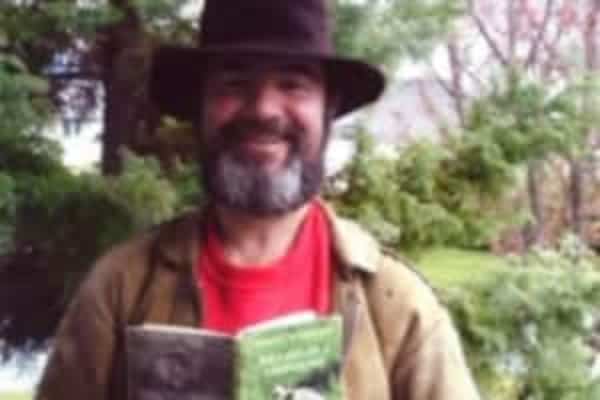Compared to what I did last time (playing my banjo and singing in front of a rowdy bar crowd) the prospect of reading poetry to a calm, literary audience does not feel very scary. And yet, though I’ve been writing poetry for most of my life and attending occasional reading events for years, I have never made it up on the stage myself. I’ve never participated in the sharing.
So when preparing to attend the monthly reading series Brave New Words, I wonder if it even counts anymore. Am I still afraid of this? Am I already getting so used to public humiliation?
But like many of the activities I am interested in, I need deadlines to complete them. And the deadlines these articles provide are the very things that get me out of my cabin and trying the things I’ve been wanting to do/avoiding for years.
Sorting through my poems, deciding what to read, I come up with a way to up the ante: I have a collection of poems I wrote during a very potent and heartbroken time in my young womanhood. The subject matter is revealing and not very flattering. They reveal a self-deprecating mindset I would continually return to.
I’ve even been embarrassed to share the poems with partners — they seem so “then”, and I feel so beyond them that it is hard to offer them to the world as a representation of myself. It is hard to share that hurting side of me. Yet I think they are good poems. I’d love to somehow do them justice.
Perfect to bring to Brave New Words: my brave old words.
When I arrive the night of, I feel moderately silly about having never done this before. Its all just so casual, so unintimidating — I’m in a used bookstore among lit nerds. Some of us browse the bookshelves while we wait for the night to begin, others talk nervously about their writing habits to the familiar tune of, “I’m finally making time for this”, or, “I wish I was making more time for this.” These are my people.
Still, as I scan the room, I wonder what they will think of what I’ve written. Many of them are older than me; a few of them are men. Some of them I know on much less intimate terms than my poetry betrays. I feel as if I am about to expose parts of myself to them. Private parts. Like wearing a tank top in public and revealing to everyone — friend and stranger alike — that I don’t shave my armpits. My personal preferences suddenly exposed to public opinion.
As my turn nears, I feel the light flutter of a few normal butterflies. But when I get up on stage, that spotlight thing happens. I enter the present moment so fully I am barely even conscious of it. While reading, every sense is heightened — I can feel the gaze of every eye, I watch the open faces for reactions, all while considering the speed at which I’m reading. I easily offer casual banter between each piece.
Embarrassment never enters the experience, never even threatens to. It simply doesn’t occur as a possibility. If embarrassment exists in perceptions of the past or the future, the allencompassing spotlight of the present leaves no room for fear. Included is one of the poems I read that night.
Having it here makes it my first published poem, outside of university. My family will read it — my grandma, my mom. Probably some of my uncles. Maybe my 17-yearold brother. And that is probably the scariest part of all of this. And also the best.
Because what I am already feeling in anticipation of this publication is a renewed sense of ownership. I don’t feel like prefacing my words with assurances that this is the past, today I feel differently.
These are words that were very powerful and releasing when I was able to pull them up from deep inside me. After spending much of my life writing poems like these, I’m finally publishing one. That means people are going to read it.
Good Art
by Joslyn Kilborn
I often feel I am pretending to care about things like other people or what to read or how to make good art when really
all I want is a man to touch me and ask how do you like my fingers and what sleeps in the room beyond your fear?
Often there is no man. There is a straw doll I can build
thin as thought words for arms eyes that look to what I let them.
I can kiss him like an animal learning to eat what it spits up. He is ugly but his face is mine. I will not refuse it.




